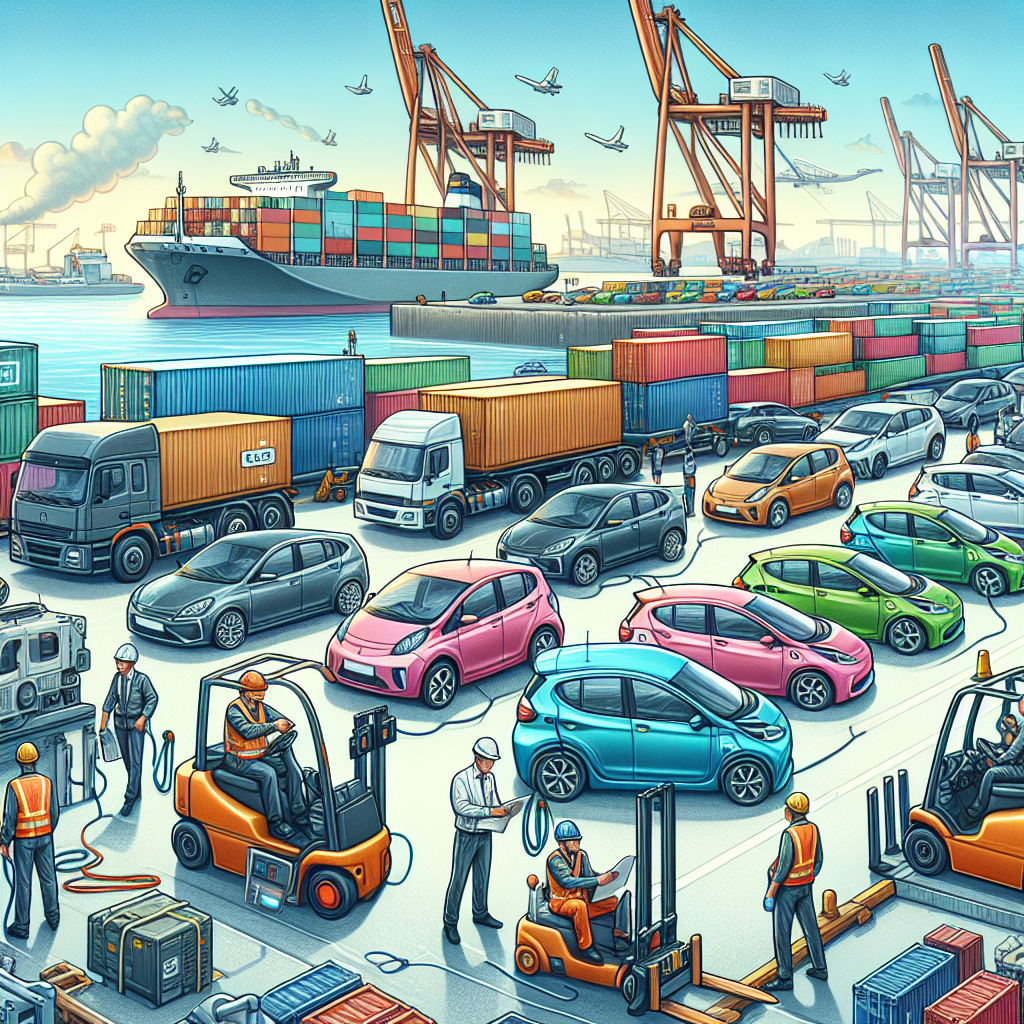Navigating India's Path in the Global EV Landscape
The Indian government should allow the domestic electric vehicle sector to grow naturally without heavy incentives to avoid dependence on China, as suggested by GTRI. The sector faces unique challenges including reliance on fossil fuels, power cuts, and import dependency for batteries and critical minerals. Focus should be on R&D for advanced technologies and clean energy sources.

- Country:
- India
The government should allow the domestic electric vehicle sector to grow naturally without relying on incentives, to prevent India from becoming an 'EV colony' for China, according to think tank GTRI.
India faces unique challenges compared to other countries in adopting electric vehicles on a large scale. These include 80 percent of electricity being generated from fossil fuels, frequent power cuts, and heavy dependence on imports for EV manufacturing, notably batteries and critical minerals, said the Global Trade Research Initiative (GTRI).
'Considering these challenges, rather than hastily providing heavy incentives or relying on Chinese imports, India has the chance to let its EV sector naturally evolve,' the GTRI stated. 'This would prevent India from becoming an 'EV colony' and enable it to forge its own path in the global EV landscape.'
The global electric vehicle market is undergoing a seismic shift, driven by high tariffs and restrictions imposed by the US, EU, and Canada on Chinese imports. As these regions constitute nearly half of China's global EV exports, China is now shifting its production to ASEAN countries and eyeing India.
GTRI's founder, Ajay Srivastava, emphasized that these production units would still largely depend on imports from China, with 70-80 percent of parts including batteries. Thailand, the first country to allow local production by Chinese firms, is already facing rising imports and lackluster sales from established manufacturers.
Srivastava added that there's a risk China might dump excess EVs in India as access to developed markets becomes restricted.
For India to lead the next phase of EV development, GTRI suggested focusing on research and development for advanced battery technologies, recycling infrastructure, and clean energy sources for powering charging stations.
Hi-Tech Gears Chairman, Deep Kapuria, noted that the global EV market is set for more turbulence and structural transformation as more countries offer subsidies and tax benefits to encourage electric vehicle adoption. Additionally, the availability of critical minerals for battery production can significantly impact the industry's growth, he added.
(With inputs from agencies.)
- READ MORE ON:
- India
- electric vehicles
- EV sector
- China
- GTRI
- fossil fuels
- batteries
- imports
- R&D
- clean energy










